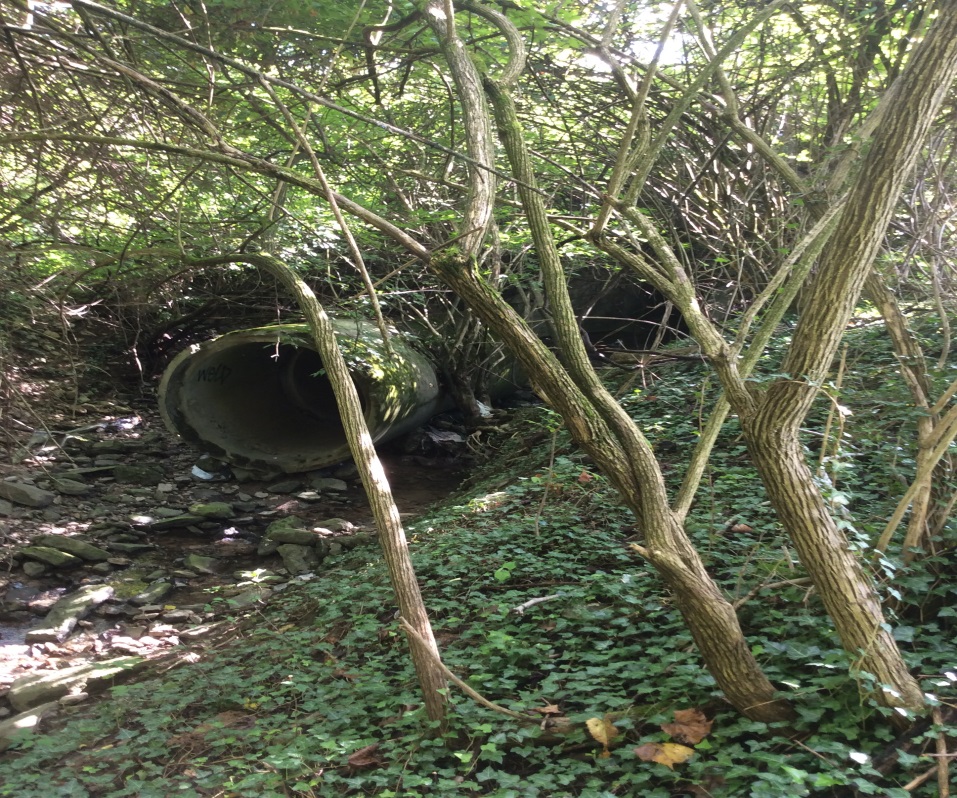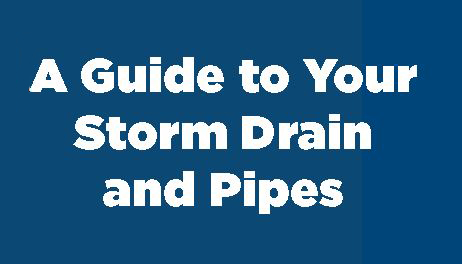You can make a difference!
 |
|
You can help reduce street and property flooding! You can help improve the quality of our streams!
Only stormwater should go into the storm drains. Please do not pour anything other than rain water into the storm drains. Please do not rake leaves or dump yard waste into the storm drains. If you see anyone doing this please call SMU at (513) 591-5050 or email StormwaterManagement@cincinnati-oh.gov.
If there is debris on your street that is in danger of entering into the storm drains, please call City of Cincinnati Public Services at (513) 591-6000.
How to Protect Home Foundations from Storm Water
Measures to control surface water and measures to waterproof basements work hand-in-hand. Click the link below to see some examples on how to protect your home's foundation.

How to Protect Home Foundations from Storm Water
What Else You Can Do In Your Neighborhood
- Install a rain garden
- Do not dump any of the following onto your lawn or into the storm sewers:
- Antifreeze
- Cleaning supplies
- Driveway sealer
- Freon (from appliances and air conditioners)
- Gasoline
- Mercury
- Motor oil
- Paint and paint thinner
- Do not use excessive amounts of pesticides, herbicides, and fertilizers on your lawn.
- Excess pesticides, herbicides, and fertilizers can be washed off by rain and contaminate the storm sewer system
- Do not dump pesticides, herbicides, and fertilizers into the storm sewer system.
- Do not dump any of the following items into the natural environment (this includes wooded areas, empty lots, and landfills):
- Batteries
- Car batteries
- Household batteries
- Nickel Cadmium batteries
- Watch batteries
- Computers
- Explosives
- Fire extinguishers
- Florescent lights and CFLs
- Ink cartridges
- Pet waste
- Flushing pet waste is the best disposal method
- Other options include putting pet waste into garbage cans or compost bins
- Propane tanks (empty or filled)
- Smoke alarms
- Tires
- Televisions
- Batteries
- Wash your car on the lawn instead of your driveway.
- The lawn will absorb a lot of the water and filter out most of the soap and dirt before it reaches the storm sewer system
- Make sure no chlorine is present in pool or spa water before draining the structure
- Make sure no chlorine has been added to the pool or spa in the last 48 hours
- Test the water to ensure the chlorine level is below 0.1 milligrams per liter
- Discharge the water slowly over an open grassy area, not into a stream or storm sewer system
- Keep your septic system in good working order
- Have your septic system inspected by a professional at least every 3 years
- Pump the septic tank when needed (about every 3 to 5 years)
- Plant only grass over and near the drain field to avoid damage from tree roots
- Do not drive or park vehicles over the drain field
Businesses and Restaurants
- Maintain a clean lot
- Make sure cooking oils are not spilled
- Make sure oil bins and dumpsters are serviced and emptied regularly
- Make sure dumpster drain plugs are in place and that food dumpster seals are functioning properly and preventing seepage
- Do not pour fats, oils or grease down storm drains or on the ground.
- Use proper cleaning practices
- Dispose of mop bucket water down an inside drain, mop sink, or sanitary line. Do not pour mop water onto the parking lot or into a storm drain.
- When appliances and vehicles must be washed, use proper contain and capture methods. Do not allow wash water to enter a storm drain. The dirt and soap can contaminate the natural water system

